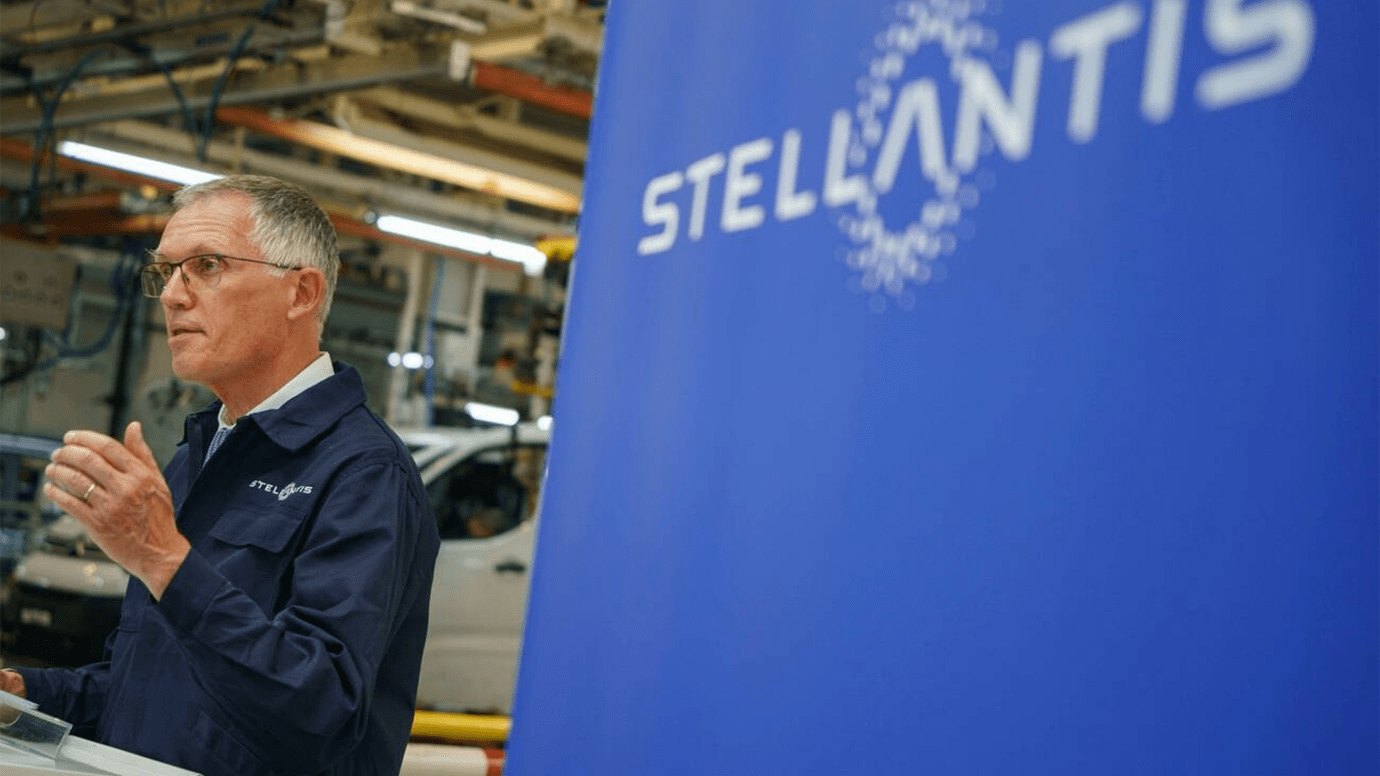
Why Skills-First Leadership Is Replacing the Ivy League Playbook in the C-Suite
The old prestige pyramid—where Ivy League degrees and blue-chip consulting backgrounds paved the way to the CEO seat—is cracking.

October 18, 2022: -On Monday, the CEO of Stellantis said that the company would use its sites to generate half the energy it needs to manufacture by the middle of this decade.
“We have decided the proper investments for Stellantis to be able, from a manufacturing standpoint, in 2025 to deliver 50% of our energy needs within our sites,” Carlos Tavares said.
Tavares’ remarks came as Stellantis geared up to debut what he called the “first pure-EV Jeep” after details of the vehicle were published last month.
According to Stellantis, the Jeep Avenger’s “targeted electric range” is 400 kilometers or under 249 miles.
The company, whose brands include Fiat, Chrysler, and Citroen, is set to open up reservations for the Avenger on Monday, and it’s slated to arrive in showrooms next year.
Stellantis wants all European passenger sales to be battery-electric by the year 2030. The U.S. wants a “50% passenger car and light-duty truck BEV sales mix” within the same timeframe.
The above targets come as major economies plan to move away from the internal combustion engine in favor of battery electric vehicles.
The European Union, for example, plans to stop the sale of new diesel and gasoline cars and vans from 2035. The U.K., which left the EU on January 31, 2020, is pursuing similar targets.
Stellantis’ plans to focus on its energy supplies are not unique within the automotive industry. In a separate interview with CNBC, the CEO of Mercedes-Benz
Ola Kallenius offered insight into his firm’s goals on that front, including plans to develop a wind farm in northern Germany.
Kallenius also said the company had “recently decided with a European energy provider to build a large-scale project in the Baltic Sea.”

The old prestige pyramid—where Ivy League degrees and blue-chip consulting backgrounds paved the way to the CEO seat—is cracking.

Loud leaders once ruled the boardroom. Charisma was currency. Big talk drove big valuations.

But the CEOs who make history in downturns aren’t the ones with the deepest cuts

Companies invest millions in leadership development, yet many of their best executives leave within a few years. Why?

The most successful business leaders don’t just identify gaps in the market; they anticipate future needs before anyone else.

With technological advancements, shifting consumer expectations, and global interconnectedness, the role of business leaders

Following a distinguished Law Enforcement career Joe McGee founded The Securitatem Group to provide contemporary global operational specialist security and specialist security training products and services for private clients, corporate organisations, and Government bodies. They deliver a wide range of services, including complete end-to-end protection packages, close protection, residential security, protection drivers, and online and physical installations. They provide covert and overt investigations and specialist surveillance services with a Broad range of weapons and tactical-based training, including conflict management, risk and threat management, tactical training, tactical medicine, and command and control training.

Jay Wright, CEO and Co-Owner of Virgin Wines infectious energy, enthusiasm, passion and drive has been instrumental in creating an environment that encourages talent to thrive and a culture that puts the customer at the very heart of every decision-making process.

Fabio de Concilio is the visionary CEO & Chairman of the Board at Farmacosmo, a leading organization dedicated to mental health and community support services. With a deep commitment to identifying and meeting customer needs, Fabio ensures that high standards are maintained across the board.

Character Determines Destiny – so said Aristotle. And David CM Carter believes that more than anything else. For David, it has been numerous years of research into codifying Entelechy Academy’s 54 character qualities that underpin everything he stands for as a leader and teacher.


Leave us a message
Subscribe
Fill the form our team will contact you
Advertise with us
Fill the form our team will contact you